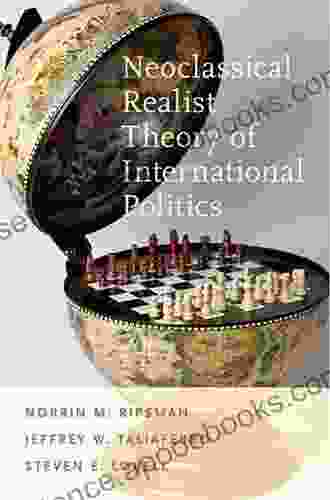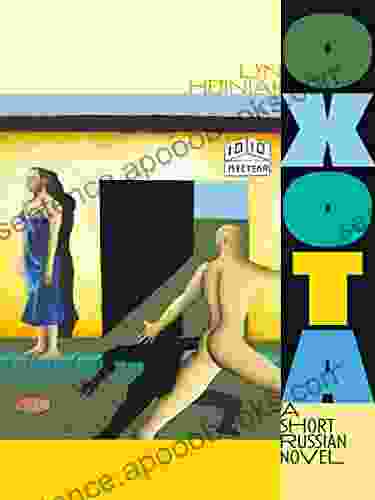Neoclassical Realist Theory of International Politics: A Comprehensive Guide

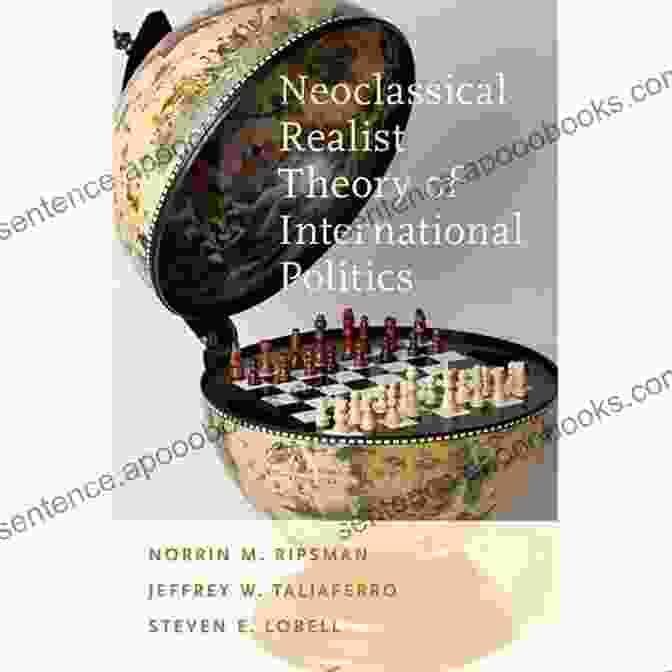
4.7 out of 5
| Language | : | English |
| File size | : | 2222 KB |
| Text-to-Speech | : | Enabled |
| Screen Reader | : | Supported |
| Enhanced typesetting | : | Enabled |
| Word Wise | : | Enabled |
| Print length | : | 208 pages |
| Lending | : | Enabled |
Neoclassical realism is a contemporary branch of international relations theory. It combines key elements of realism and liberalism, offering a comprehensive view of international politics. Neoclassical realists contend that states are the primary actors in world politics and that while power is essential, it is not the sole determinant of state behavior.
Tenets of Neoclassical Realism
- States are the primary actors: Neoclassical realists argue that states are the most significant actors in international politics. States possess a monopoly on force and control resources and territories.
- Power is essential: Power remains an essential element in neoclassical realist theory. States seek to accumulate and maintain power to ensure their security.
- States are rational: Neoclassical realists view states as rational actors that make decisions based on their self-interest.
- Institutional cooperation is possible: Unlike classical realism, neoclassical realism acknowledges the possibility of cooperation among states through international institutions and agreements.
- Norms and ideas influence behavior: Neoclassical realists recognize that norms, values, and ideas can influence state behavior, alongside material factors.
Historical Evolution of Neoclassical Realism
Neoclassical realism emerged in the 1980s as a response to the limitations of classical realism. Critiques of classical realism argued that it was overly pessimistic and ignored the role of cooperation and norms in international politics.
Leading scholars associated with neoclassical realism include Kenneth Waltz, Robert Gilpin, and Stephen Krasner. They sought to refine classical realism by integrating elements of liberalism, such as the importance of institutions and the influence of norms.
Real-World Applications of Neoclassical Realism
- Cold War politics: Neoclassical realist theory has been used to explain the behavior of superpowers during the Cold War. It highlights the role of power, rationality, and the search for security in shaping their interactions.
- European integration: Neoclassical realism offers insights into the process of European integration. It explains how states can cooperate and create institutions to achieve common goals while maintaining their autonomy.
- Contemporary security issues: Neoclassical realism is used to analyze current security challenges, such as terrorism, cyber warfare, and the proliferation of nuclear weapons. It emphasizes the importance of understanding state interests, power dynamics, and the influence of norms.
Advantages of Neoclassical Realism
- Provides a comprehensive understanding of international politics by integrating elements of realism and liberalism.
- Offers a balanced view of state behavior, recognizing the influence of both power and norms.
- Explains how states can cooperate and create institutions to manage common challenges.
- Has real-world relevance in understanding contemporary security issues and global affairs.
Disadvantages of Neoclassical Realism
- Can be overly state-centric, underestimating the role of non-state actors and transnational forces.
- Sometimes seen as too pessimistic, as it emphasizes the dangers of conflict and the limitations of cooperation.
- May not fully account for the complexity and diversity of state behavior, which can be influenced by a range of factors.
Neoclassical realism is a valuable and widely accepted theory in international relations. It provides a comprehensive framework for understanding state behavior, the dynamics of international politics, and the challenges and opportunities for cooperation. While it has its limitations, neoclassical realism remains an influential theory for scholars and policymakers to analyze and address the complexities of the global stage.
4.7 out of 5
| Language | : | English |
| File size | : | 2222 KB |
| Text-to-Speech | : | Enabled |
| Screen Reader | : | Supported |
| Enhanced typesetting | : | Enabled |
| Word Wise | : | Enabled |
| Print length | : | 208 pages |
| Lending | : | Enabled |
Do you want to contribute by writing guest posts on this blog?
Please contact us and send us a resume of previous articles that you have written.
 Book
Book Novel
Novel Page
Page Chapter
Chapter Text
Text Story
Story Genre
Genre Reader
Reader Library
Library Paperback
Paperback E-book
E-book Magazine
Magazine Newspaper
Newspaper Paragraph
Paragraph Sentence
Sentence Bookmark
Bookmark Shelf
Shelf Glossary
Glossary Bibliography
Bibliography Foreword
Foreword Preface
Preface Synopsis
Synopsis Annotation
Annotation Footnote
Footnote Manuscript
Manuscript Scroll
Scroll Codex
Codex Tome
Tome Bestseller
Bestseller Classics
Classics Library card
Library card Narrative
Narrative Biography
Biography Autobiography
Autobiography Memoir
Memoir Reference
Reference Encyclopedia
Encyclopedia Bernard Knight
Bernard Knight Hubertine Auclert
Hubertine Auclert Carly Phillips
Carly Phillips John W Dean
John W Dean Ralph Brookfield
Ralph Brookfield Ramesh Srinivasan
Ramesh Srinivasan Judith M Dunkerly
Judith M Dunkerly Emily Shaw
Emily Shaw Dave Simpson
Dave Simpson Donna Grant
Donna Grant Shawn Wong
Shawn Wong Kathlyn Gay
Kathlyn Gay Dinesh D Souza
Dinesh D Souza Thimira Amaratunga
Thimira Amaratunga Audra Fordin
Audra Fordin M S Cross
M S Cross Stuart Elden
Stuart Elden Elaine Hsieh Chou
Elaine Hsieh Chou Nacole Shaw
Nacole Shaw George Augustus Baker
George Augustus Baker
Light bulbAdvertise smarter! Our strategic ad space ensures maximum exposure. Reserve your spot today!
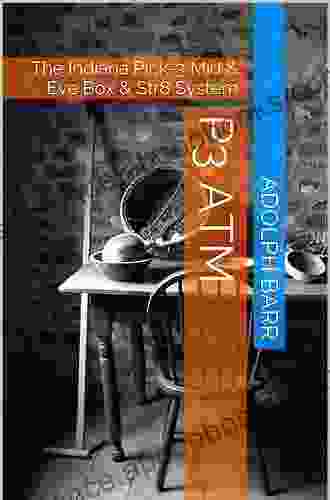
 José SaramagoDelve into the Sinister World of Parasites: An Unforgettable Journey with...
José SaramagoDelve into the Sinister World of Parasites: An Unforgettable Journey with...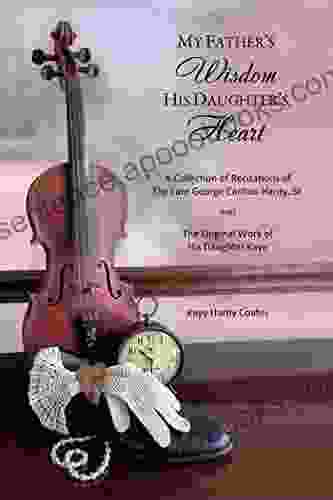
 Chadwick PowellMy Father's Wisdom, His Daughter's Heart: A Journey of Love, Loss, and the...
Chadwick PowellMy Father's Wisdom, His Daughter's Heart: A Journey of Love, Loss, and the...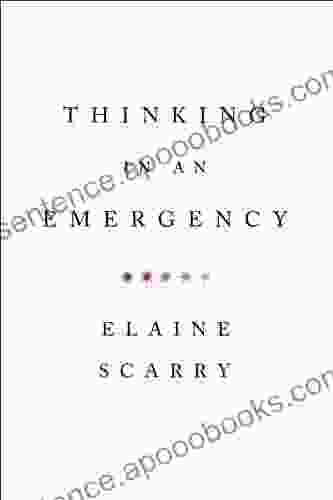
 Harry HayesThinking in an Emergency: A Guide to Reasoning and Decision-Making in Ethical...
Harry HayesThinking in an Emergency: A Guide to Reasoning and Decision-Making in Ethical... Federico García LorcaFollow ·3.1k
Federico García LorcaFollow ·3.1k Felix CarterFollow ·18.1k
Felix CarterFollow ·18.1k Chuck MitchellFollow ·13.3k
Chuck MitchellFollow ·13.3k Banana YoshimotoFollow ·12.9k
Banana YoshimotoFollow ·12.9k Carson BlairFollow ·13.9k
Carson BlairFollow ·13.9k Charles DickensFollow ·6.1k
Charles DickensFollow ·6.1k Chadwick PowellFollow ·18.7k
Chadwick PowellFollow ·18.7k Donald WardFollow ·10.5k
Donald WardFollow ·10.5k

 Julian Powell
Julian PowellShetland Pony: Comprehensive Coverage of All Aspects of...
The Shetland...
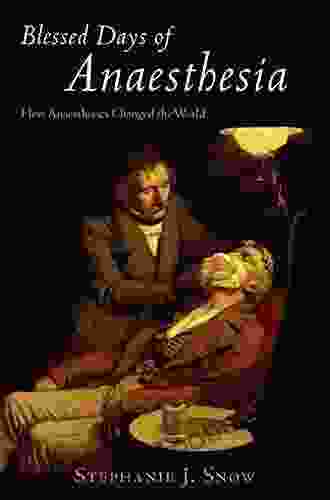
 Cason Cox
Cason CoxHow Anaesthetics Changed the World: A Medical Revolution...
Imagine a world where surgery is an...

 Harold Powell
Harold PowellUnleash Your Inner Songwriter: The Ultimate Guide for...
Calling all aspiring songwriters!...

 Nikolai Gogol
Nikolai GogolUnleash Your Artistic Potential: Quick Draw Anatomy for...
In the dynamic and visually...

 Tim Reed
Tim ReedThe Rock 'n' Roll Life of Legendary Sax Man Bobby Keys
The Rock 'n' Roll Life...

 Damon Hayes
Damon HayesMoney Management Activities for Youth: A Guide to...
In an era marked by rapidly...
4.7 out of 5
| Language | : | English |
| File size | : | 2222 KB |
| Text-to-Speech | : | Enabled |
| Screen Reader | : | Supported |
| Enhanced typesetting | : | Enabled |
| Word Wise | : | Enabled |
| Print length | : | 208 pages |
| Lending | : | Enabled |


